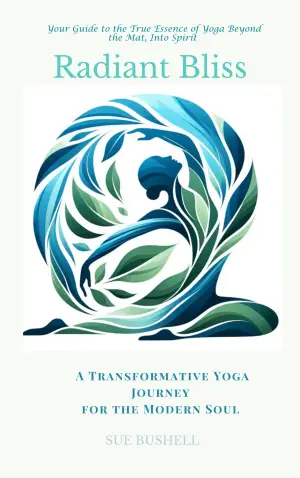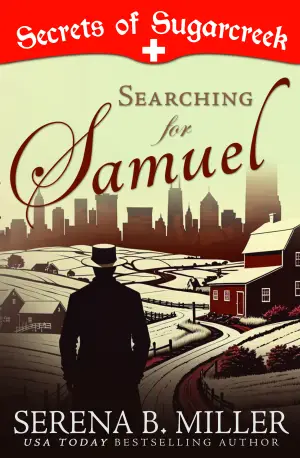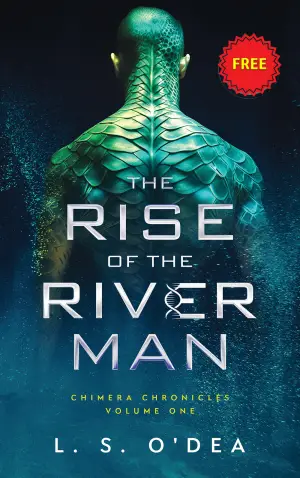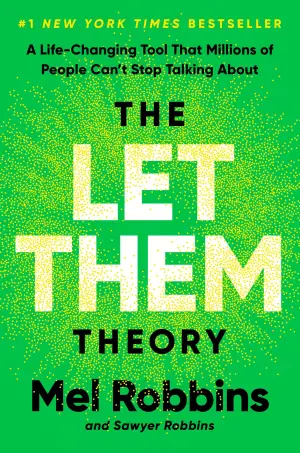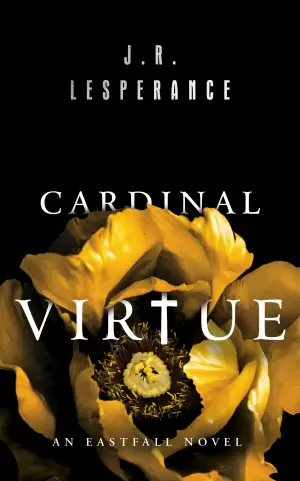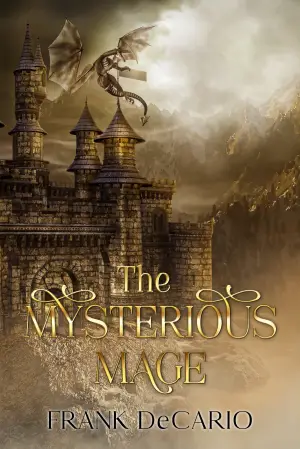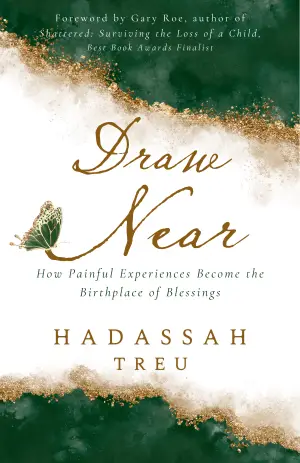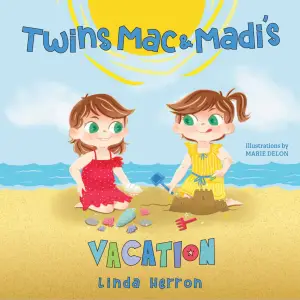The Half King: A Journey through the Nonexistent Court
When I first picked up The Half King by Liza Landers, I had this flicker of hope that maybe, just maybe, it would defy the grim expectations set by my previous encounters with the Red Tower publishing lineup. I mean, how bad could it be, right? Surely there’s merit to unraveling the politics within the “deadly court” hinted at on the cover. But upon diving in, I found myself wondering if I should’ve opted for the tree bark entertainment instead.
From the onset, this book presents itself with a certain allure—the promise of intrigue, adventure, and an exploration of power dynamics. The premise revolves around Cerise, our protagonist, navigating a court filled with sinister nobles and the promise of a significant magical quest. Unfortunately, what I encountered felt more like a half-hearted stroll through a landscape punctuated by awkward dialogue and a plot that meandered more than I did during my long walks in search of sustenance.
The writing style, though ambitious, unfortunately reads like a series of redundant questions interspersed amongst flat narrations. “Do you like it when authors treat you like a fool?” Indeed, by the end of the 381 dry pages, I felt quite foolish for enduring so much floundering prose that contributed little to the depth or character development. It’s like the author was inviting us down a path, only to abandon it for a trek through the weeds and thickets of perplexity.
Cerise’s journey should inspire empathy or excitement, but her character feels as one-dimensional as a paper cutout. Despite her supposed growth and empowerment, her emotional struggles didn’t resonate with me. Instead of evolving through her challenges, she simply transitioned from one plot contrivance to another, which left me feeling disconnected from her plight. The hurried romance with Kian, filled with red flags and cringe-worthy moments, felt less like a compelling love story and more like a clumsy script advising what a relationship should be but failing to showcase its nuances.
In a world where nuanced character interaction and storytelling should shine, The Half King muddles through its narrative arc, never truly capturing my attention. Its exploration of religious themes and femininity came off as heavy-handed, lacking the eloquence or complexity required to delve into such important topics deeply. Shortcuts to character depth, filled with casual tropes and tropes sprinkled across the narrative, did little to invest me in Cerise’s evolution—or lack thereof.
However, a passage that stuck with me discussed how Cerise’s sheltered upbringing influenced her perceptions. While I appreciated the attempt at deeper commentary, it fell flat due to a lack of emotional resonance and, frankly, the insistence on portraying her innocence amidst a questionable romance was uncomfortable.
In conclusion, The Half King may appeal to readers who enjoy surface-level fantasy tropes tightly packaged within a pretty cover. If you thrive on aesthetics over substance, then perhaps you’ll find moments of joy within its pages. But for those of us who crave depth and authenticity in storytelling, it feels more like a missed opportunity. The journey might have been more fruitful had it been trimmed down or refined—perhaps left for those delightful squirrels to consider.
As for me, I’ll reconsider my next read. Maybe I’ll stick to my tree bark. At least the bugs are more engaging company!
Discover more about The Half King (The Half King, #1) on GoodReads >>





